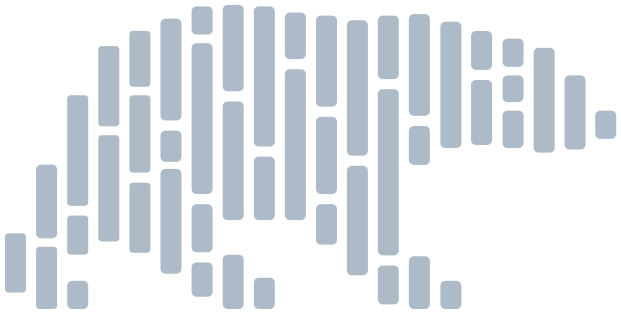polars.read_json#
- polars.read_json(
- source: str | Path | IOBase | bytes,
- *,
- schema: SchemaDefinition | None = None,
- schema_overrides: SchemaDefinition | None = None,
- infer_schema_length: int | None = 100,
Read into a DataFrame from a JSON file.
- Parameters:
- source
Path to a file or a file-like object (by “file-like object” we refer to objects that have a
read()method, such as a file handler like the builtinopenfunction, or aBytesIOinstance). For file-like objects, the stream position may not be updated accordingly after reading.- schemaSequence of str, (str,DataType) pairs, or a {str:DataType,} dict
The DataFrame schema may be declared in several ways:
As a dict of {name:type} pairs; if type is None, it will be auto-inferred.
As a list of column names; in this case types are automatically inferred.
As a list of (name,type) pairs; this is equivalent to the dictionary form.
If you supply a list of column names that does not match the names in the underlying data, the names given here will overwrite them. The number of names given in the schema should match the underlying data dimensions.
- schema_overridesdict, default None
Support type specification or override of one or more columns; note that any dtypes inferred from the schema param will be overridden.
- infer_schema_length
The maximum number of rows to scan for schema inference. If set to
None, the full data may be scanned (this is slow).
See also
Examples
>>> from io import StringIO >>> json_str = '[{"foo":1,"bar":6},{"foo":2,"bar":7},{"foo":3,"bar":8}]' >>> pl.read_json(StringIO(json_str)) shape: (3, 2) ┌─────┬─────┐ │ foo ┆ bar │ │ --- ┆ --- │ │ i64 ┆ i64 │ ╞═════╪═════╡ │ 1 ┆ 6 │ │ 2 ┆ 7 │ │ 3 ┆ 8 │ └─────┴─────┘
With the schema defined.
>>> pl.read_json(StringIO(json_str), schema={"foo": pl.Int64, "bar": pl.Float64}) shape: (3, 2) ┌─────┬─────┐ │ foo ┆ bar │ │ --- ┆ --- │ │ i64 ┆ f64 │ ╞═════╪═════╡ │ 1 ┆ 6.0 │ │ 2 ┆ 7.0 │ │ 3 ┆ 8.0 │ └─────┴─────┘

